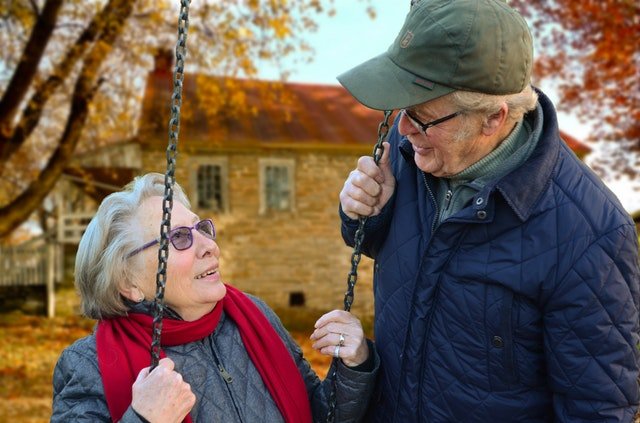
In a new study, researchers found that a physically and mentally active lifestyle confers resilience to frontotemporal dementia (FTD), even in people whose genetic profile makes the eventual development of the disease virtually inevitable.
The research aligns with longstanding findings that exercise and cognitive fitness are one of the best ways to prevent or slow Alzheimer’s disease.
But it is the first study to show that the same types of behaviors can benefit people with FTD, which is caused by a distinct form of brain degeneration.
The research was conducted by scientists at the UC San Francisco Memory and Aging Center.
FTD is a neurodegenerative disease that can disrupt personality, decision-making, language, or movement abilities, and typically begins between the ages of 45 and 65.
It is the most common form of dementia in people under 65 (accounting for 5 to 15 percent of dementia cases overall) and typically results in rapid cognitive and physical decline and death in less than 10 years.
There are currently no drugs to treat FTD, though numerous clinical trials for the disease are underway at UCSF Memory and Aging Center and elsewhere.
About 40% of people with FTD have a family history of the disease, and scientists have identified specific dominant genetic mutations that drive the development of the disease in roughly half of these cases.
But even in these individuals, the disease can have very different courses and severity.
In the study, the team’s hypothesis was that the activities people engage in each day of their lives may contribute to the very different trajectories, including when the disease develops and how it progresses.
They studied how lifestyle differences affected FTD progression in 105 people with dominant, disease-causing genetic mutations who were mostly asymptomatic or had experienced only mild early-stage symptoms.
The researchers found strong differences in the speed and severity of FTD between the most and least mentally and physically active individuals in the study, with mentally and physically active lifestyles showing similar effects across participants.
Specifically, they found that functional decline, as assessed by participants’ family members, was 55% slower in the most active 25% of participants compared to the least active five percent.
The researchers found that participants’ lifestyles did not significantly alter the inexorable degeneration of brain tissue associated with FTD, as measured by follow-up MRI scans a year into the study.
But even among participants whose brain scans revealed signs of atrophy, the most mentally and physically active participants continued to perform twice as well as the least active participants on cognitive tests.
These results suggest that active lifestyles may slow FTD symptoms by providing some form of cognitive resilience to the consequences of brain degeneration.
The team hopes the findings will not only encourage care teams and individuals with family histories of FTD to adopt lifestyle changes that could provide more productive years of life, but also that the ongoing study will lead to a better biological understanding of the drivers of resilience in people with FTD.
The lead author of the study is Kaitlin Casaletto, Ph.D., an assistant professor of neurology at the UCSF Memory and Aging Center.
The study is published in Alzheimer’s and Dementia.
Copyright © 2019 Knowridge Science Report. All rights reserved.



